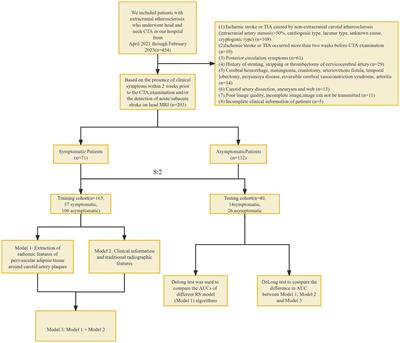EDITORIAL
Published on 13 Aug 2024
Editorial: Omics-based approaches in stroke research
doi 10.3389/fneur.2024.1472912
- 627 views
4,720
Total downloads
16k
Total views and downloads
EDITORIAL
Published on 13 Aug 2024
ORIGINAL RESEARCH
Published on 19 Jun 2024
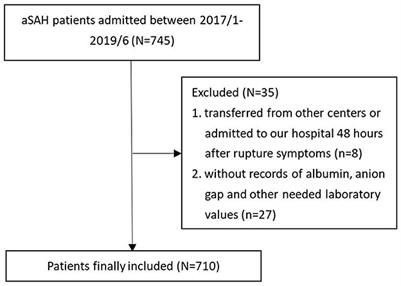
ORIGINAL RESEARCH
Published on 12 Jun 2024
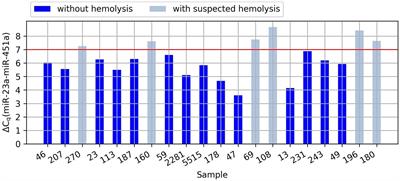
ORIGINAL RESEARCH
Published on 28 May 2024
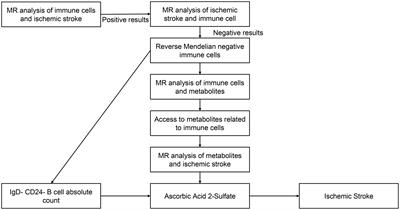
ORIGINAL RESEARCH
Published on 25 Apr 2024
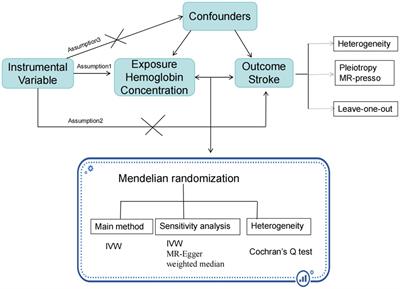
ORIGINAL RESEARCH
Published on 02 Apr 2024
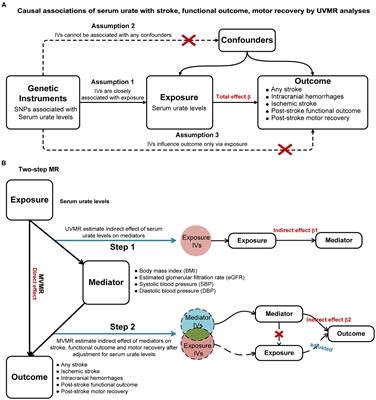
REVIEW
Published on 28 Mar 2024

ORIGINAL RESEARCH
Published on 14 Mar 2024
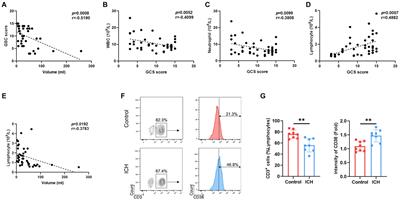
ORIGINAL RESEARCH
Published on 26 Feb 2024
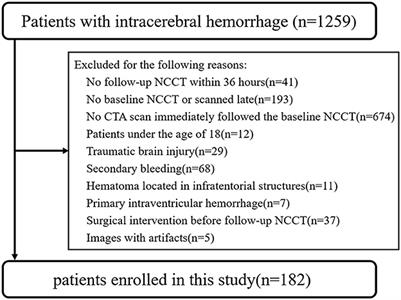
ORIGINAL RESEARCH
Published on 16 Feb 2024
